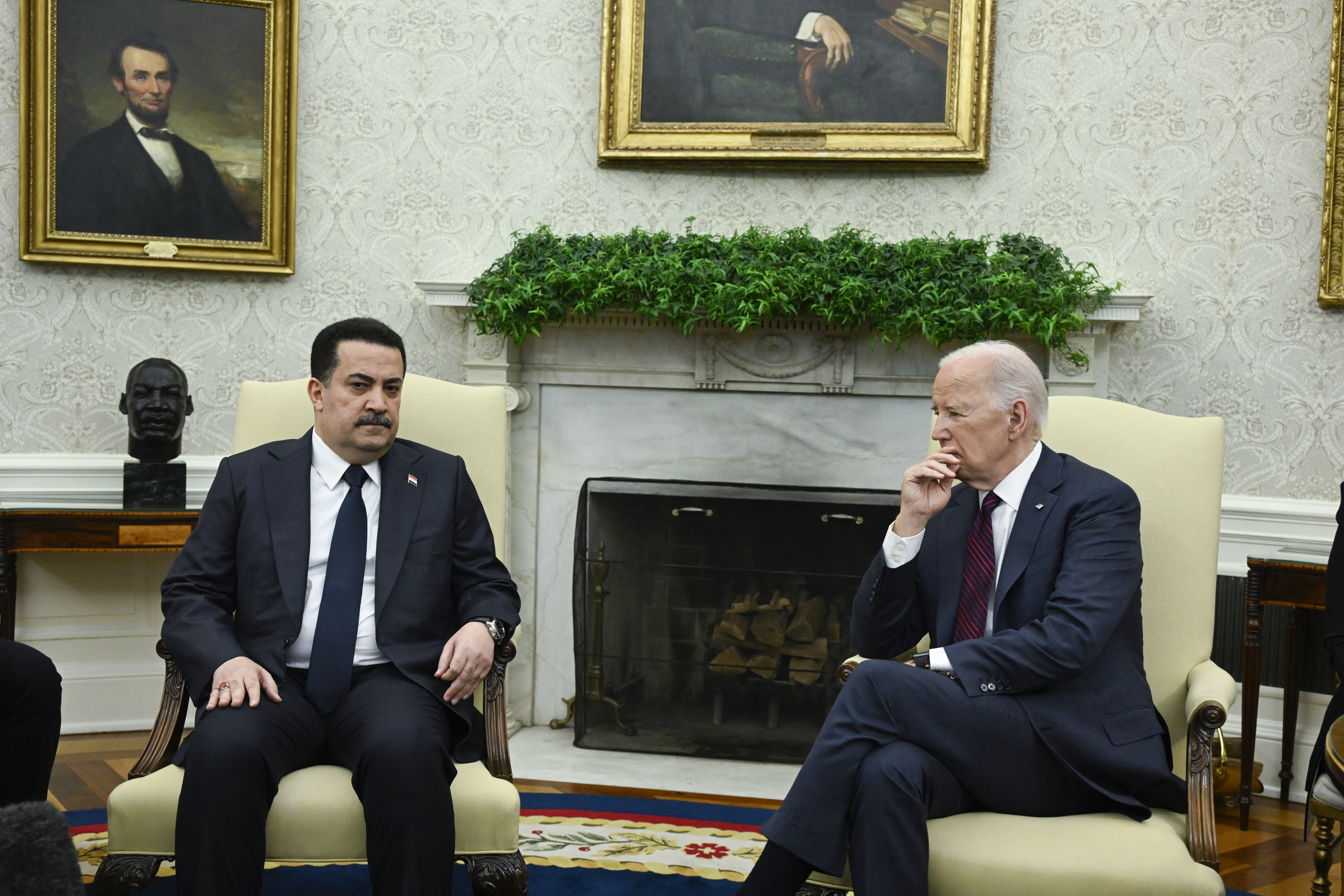Bologna Process: A remedy to fix the higher education system in Kurdistan?

Among the social, political, and economic challenges which the Kurdistan Region faces, the most uphill one is the quality of education. The Kurdistan Regional Government’s (KRG) Ministry of Higher Education and Scientific Research (MHESR) has conceived an initiative to address that by implementing the “Bologna Process” (BP; formally known as The European Higher Education Area) in its post-secondary education. However, before the initiative is considered a remedy, the KRG’s leadership should review experiences from other countries, take cognizance of the unfolding dynamics of international developments, and usher in the growth of a system which is customized according to local settings and realities on the ground.
The BP is named after the Bologna Declaration signed in the Italian city of Bologna on June 19, 1999, by the four founding member states: Germany, the United Kingdom, Italy, and France. Along with the Council of Europe, and UNESCO, several international bodies provided their support to build institutional and technical frameworks to launch the process. Initially, it appeared to address Europe’s internal problems of low compatibility among national higher education (Reinalda and Kulesza-Mietkowski 2005), and to encourage international mobility (Zahavi and Friedman 2019).
However, six years after its official launch in 2005, the discussion on the BP in a global setting began during the preparation of the Bergen Ministerial Summit. Notwithstanding, the BP’s need for a global reach was clear since the beginning as the Bologna Declaration stated among its objectives its goal to strengthen international recognition, increase international competitiveness, and gain a world-wide degree of attraction.
Over that period, “the European reform model” for higher education, or the BP, had created considerable interest and attraction. The process encouraged 48 independent countries to join, and created a decentralized, though coordinated, intergovernmental process (Klemen?i? 2018). With a few exceptions, countries beyond Europe also considered that what is operational and good for Europe would be feasible and useful for them (Zgaga 2013). Higher education leaders, policymakers, and diplomats believed that harmonization, regional collaboration, and internationalization could promote greater academic mobility, increase higher education systems’ transparency, and support the mutual recognition of diplomas (BPF 2010). However, on the other hand, a few countries viewed the BP as a readymade model to develop knowledge, economy, and society, and to overcome a series of development challenges through the production of mass skilled work-force and research (Crosier and Parveva 2013).
Positively, a contemplation to implement the Bologna Process in the region commenced somewhere around 2015 with a prime objective of internationalization of universities in the Kurdistan Region. In 2017, an EU-funded project called “TIGRIS (Transfer of Good Practices & Reinforcement of Internationalization Strategies in Kurdistan)” began in collaboration with four European partners, 10 Kurdish universities, and the MHESR to build capacity in higher education. The TIGRIS Project aimed to work at three different levels – institutional, national, and international – to support the modernization, accessibility, and internationalization of higher education in Kurdistan.
Subsequently, to enhance capacity building exercise, the MHESR sent its 33 faculty members selected from 17 public and private universities to attend a pedagogical training course in HAMK University of applied sciences, Hemeenlinna, Finland. The KRG’s education ministry then introduced a new pedagogical training program, which began on April 16, 2019, at four training centers in Erbil, Duhok, Garmian, and Sulaimani.
Nonetheless, ipso facto the extension of Bologna Process beyond Europe has had mixed opinions. Countries in Africa, for example, have contradicting views about the BP model. One aspect considers it a significant reform opportunity while the other views it a return to colonialism.
Provided circumstances, it is necessary to customize the BP according to the local setting. To exemplify it, for instance, BP encourages a student-centric approach, though, considering the idiosyncrasies of the Kurdistan Region, the teacher-centric method could produce a better outcome. To understand it, an examination of the KRG’s National University Ranking (NUR) can provide inauspicious practices.
The NUR is an effort by the KRG’s education ministry to rank universities in the region based on pre-selected academic parameters. One of its parameters encourages faculty members to present and attend academic seminars and conferences to build capacity. However, most of the universities are organizing unstructured, unproductive, and superficial meetings and workshops. Some seminars have been held to share how to use programs like Zoom, Mendeley, and the track changes tool in Microsoft Word among other things, and amusingly, certificates have been distributed for participation.
Furthermore, NUR criterion to bolster publication has become futile due to the mechanism it has adopted regarding Google Citation. To increase their Google Citation, most of the faculty members allegedly cite their work in several meaningless publications which they publish in phonic indexed journals.
In conclusion, the Kurdistan Region should customize the BP model to build the capacity of its faculty members. There should be more focus on ways to develop a teacher’s subject knowledge besides pedagogy. Additionally, rather than implementing an imported model, the KRG’s education ministry should consider ways to strengthen the existing mechanism. Lastly, the leadership should come forward and synergize the atmosphere for quality education, to foster the demand for quality education.
Devendra Kumar is associated with Komar University of Science and Technology (KUST) in Sulaimani, Kurdistan Region.
The views expressed in this article are those of the author and do not necessarily reflect the position of Kurdistan 24.
Editing by Karzan Sulaivany

